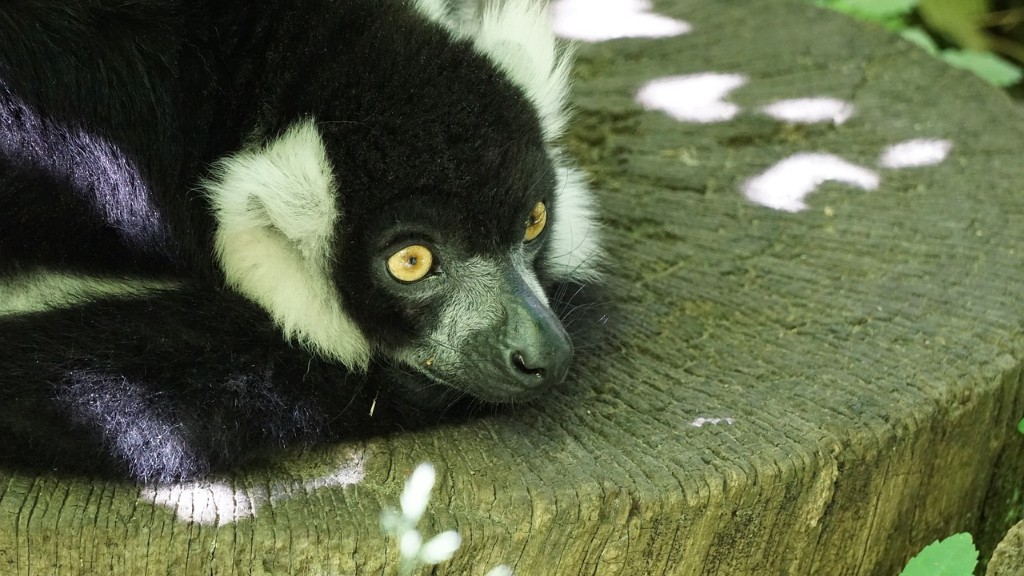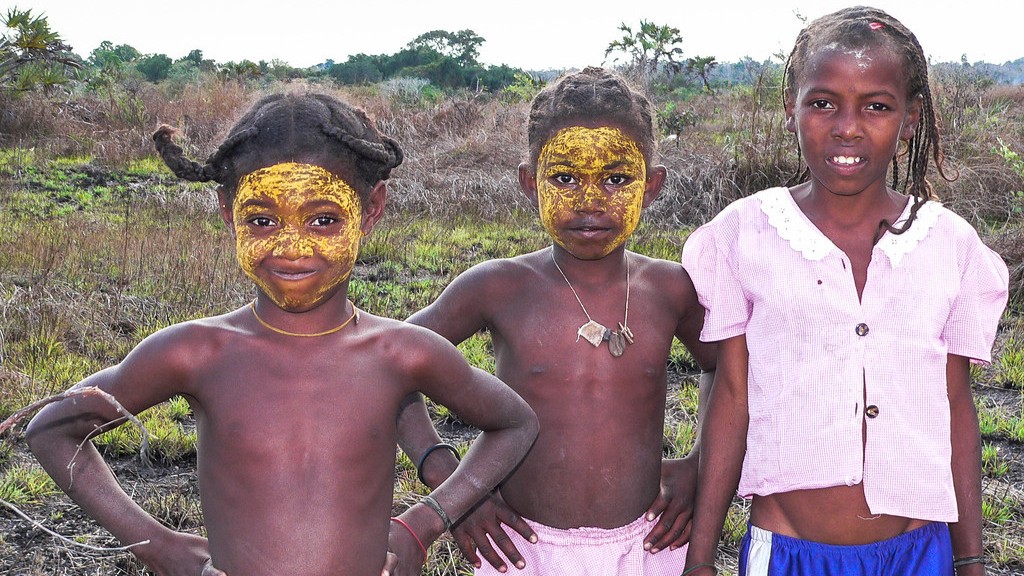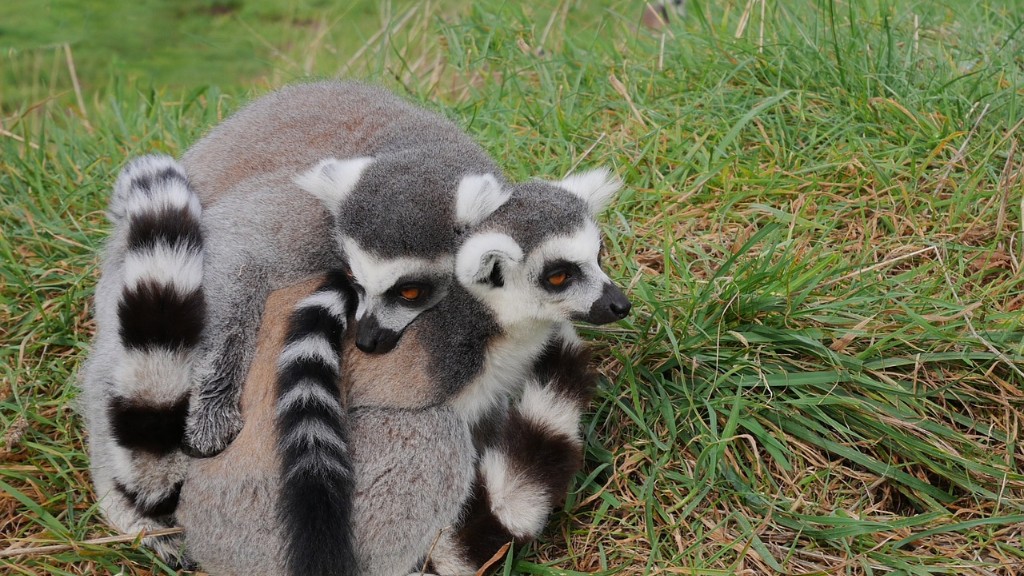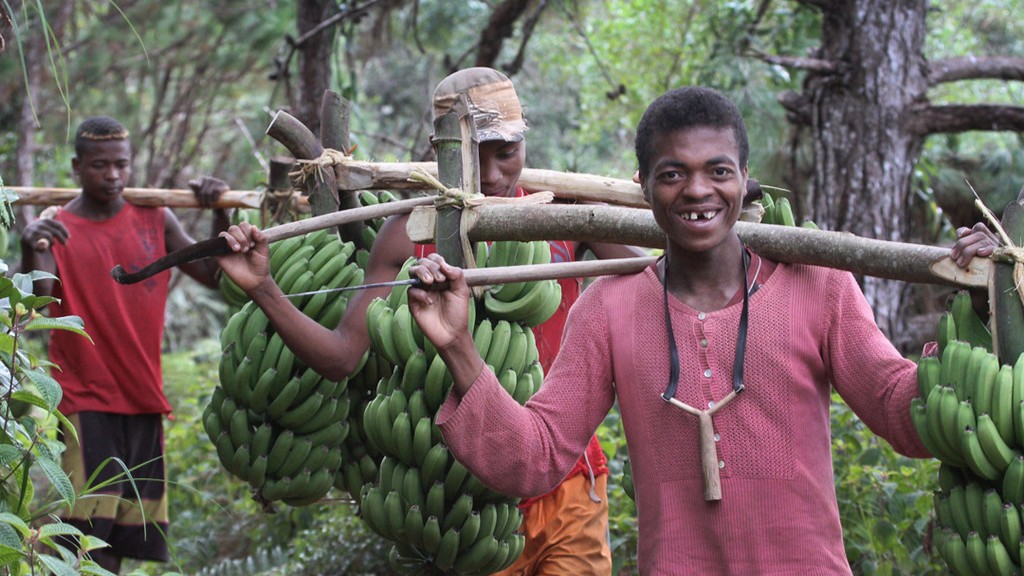What Happened to All the Trees in Madagascar
Madagascar, the fourth largest island in the world, was once covered in lush rainforests and teeming with diverse ecosystems. However, in recent years, the country has experienced a significant loss of its tree cover, resulting in devastating consequences for both the environment and the people of Madagascar.
The rapid deforestation in Madagascar can be attributed to several factors. One of the main causes is the widespread practice of slash-and-burn agriculture. Farmers, struggling to feed their families, clear large areas of forest by cutting down trees and burning the vegetation, creating space for farming. This destructive method, although providing short-term benefits for farmers, leads to long-term damage to the ecosystem.
In addition to slash-and-burn agriculture, illegal logging has also played a major role in deforestation. Many valuable tree species, such as rosewood and ebony, are sought after and illegally harvested for their high commercial value. The profits from the illegal timber trade incentivize continued logging, driving the destruction of Madagascar’s forests.
The loss of trees in Madagascar has had severe consequences for the country’s unique biodiversity. The island is home to countless species found nowhere else on Earth, including lemurs, chameleons, and a wide array of plant life. With their habitats destroyed, these species face the threat of extinction. The destruction of forests also disrupts local ecosystems, leading to soil erosion, reduced water quality, and loss of natural resources.
Environmental experts warn that the deforestation crisis in Madagascar is not only an ecological disaster but also a humanitarian one. Many rural communities rely on forests for their livelihoods, including gathering food, timber, and medicinal plants. With the loss of trees, these communities face food insecurity, poverty, and a decline in their overall quality of life.
In recent years, efforts have been made to address the deforestation crisis in Madagascar. Non-governmental organizations and local communities are working together to establish protected areas, promote sustainable farming practices, and educate the public on the importance of preserving forests. However, challenges persist, including the need for better law enforcement, economic alternatives for communities, and international support to combat illegal logging.
It is crucial for the international community to recognize the importance of Madagascar’s forests and take action to protect them. By supporting sustainable development, promoting responsible consumer choices, and investing in environmental initiatives, we can help prevent further deforestation and ensure a brighter future for both the people and the unique ecosystem of Madagascar.
The Impact on Climate Change
The loss of trees in Madagascar contributes to global climate change. Trees act as carbon sinks, absorbing carbon dioxide from the atmosphere and reducing greenhouse gas emissions. The deforestation of Madagascar’s forests releases massive amounts of stored carbon into the atmosphere, exacerbating the already pressing issue of climate change.
The symbiotic relationship between forests and rainfall patterns is also disrupted by deforestation. Trees help regulate local climates by releasing moisture into the air through evapotranspiration. With fewer trees, rainfall becomes less predictable, causing droughts and negatively impacting agriculture, water availability, and overall ecosystem health.
Conserving and restoring Madagascar’s forests is not only vital for the country’s well-being but also essential in mitigating the global effects of climate change.
The Economic Consequences
Deforestation has significant economic consequences for Madagascar. The loss of forest cover reduces the country’s potential for sustainable economic growth, particularly in the tourism and agriculture sectors.
Madagascar’s unique biodiversity has been a major attraction for tourists, contributing to the country’s economy. However, with the destruction of habitats and loss of unique species, the appeal of ecotourism decreases, impacting local businesses and livelihoods.
In the agriculture sector, deforestation leads to soil degradation and reduced fertility. The loss of trees also disrupts water cycles, leading to increased drought risk. All these factors combine to create food insecurity, further perpetuating the cycle of poverty in rural communities.
The Role of International Demand
Although Madagascar bears the burden of deforestation, it is essential to acknowledge the role of international demand in driving this destructive practice. The illegal logging industry in Madagascar primarily serves international markets, particularly for luxury wood products.
Consumer demand for exotic timber and lack of supply chain transparency contribute to the ongoing destruction of Madagascar’s forests. It is crucial for individuals and businesses around the world to make ethical choices and support sustainably sourced products to help combat deforestation.
Hope for the Future
While the loss of trees in Madagascar is undoubtedly a grave concern, there is still hope for the future. By prioritizing sustainable development, investing in reforestation projects, and strengthening conservation efforts, we can begin to mitigate the damage and restore the country’s remarkable ecosystems.
Empowering local communities, providing economic alternatives to illegal logging, and improving law enforcement are essential steps towards achieving long-term conservation goals in Madagascar. Moreover, raising awareness and fostering a global commitment to sustainable practices will help address the larger systemic issues that drive deforestation.
Preserving the remaining forests in Madagascar and nurturing their recovery is not only a responsibility but also an opportunity. By protecting these unique ecosystems, we safeguard the incredible biodiversity, mitigate climate change, and create a sustainable future for generations to come.




